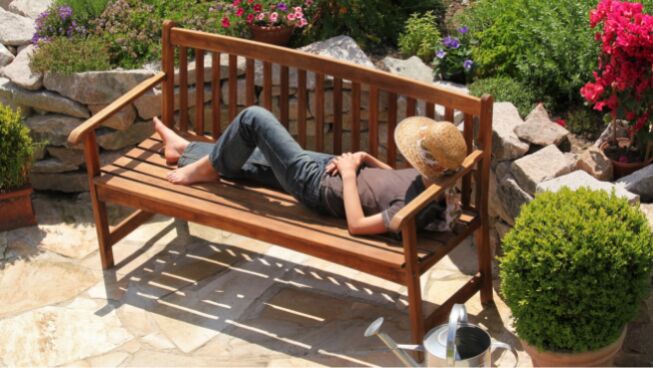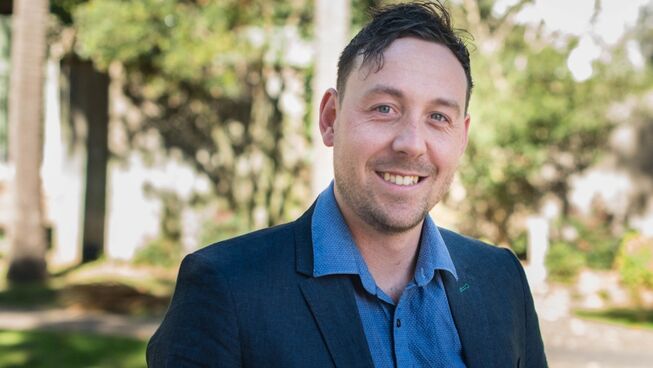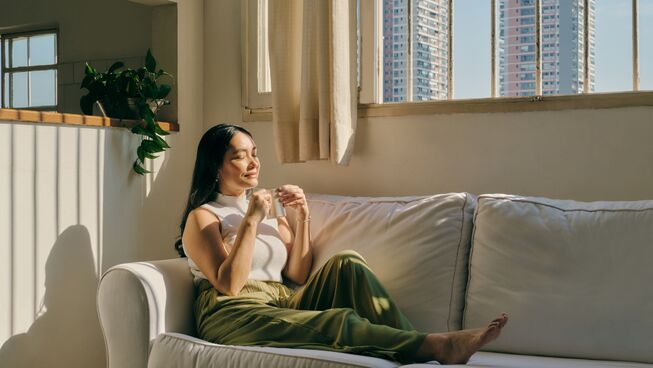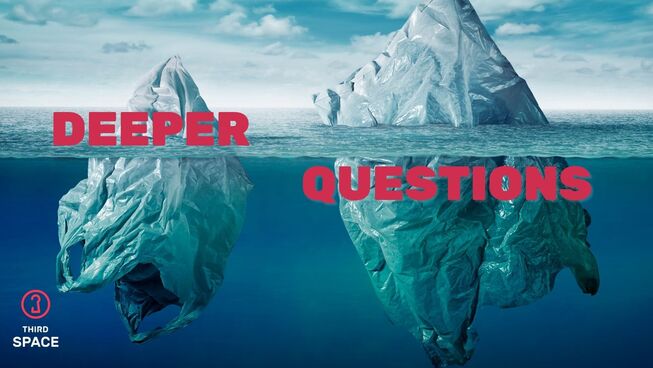Why we need a spiritual space for our existential struggles

“How are you really going?” has been a question usually reserved only for the most intimate of relationships, whether it’s family members, or close friends who can tell you’re struggling, or professionals offering counsel and confidentiality. But with the vast majority of us struggling at some level now, perhaps it’s appropriate to be asking it more often, and equally asking it of ourselves 18 months into this never-ending pandemic.
So rarely does life throw us this many challenges at once, where we are left discombobulated, exhausted, anxious, stressed, financially stretched and pessimistic about the future. How do we break out of our own mind, and get back to enjoying life and the little things?
Well it turns out we can do it from the comfort of our own homes.
*Insert groaning noise*
While this may sound like a bitter pill for many, with our homes increasingly taking us hostage and reminding us daily that the world has changed. And yet our homes can be the place where we can make small changes that make a world of difference, as one of the last bastions of control in our life.
Last week there was an upbeat article in The Sydney Morning Herald Article talking about the necessity of creating a ‘third space’, particularly for those in lockdown. Somewhere that creates a clear distinction, between work, home life and leisure. Even if it’s a small section of the garden or a designated ‘chill space’ in the corner of a room, the hope is that it will provide some visual and mental calm amidst our makeshift, cluttered WFH set ups.
It then goes on to reference the origins of ‘Third Place’ communities and some of the pre-pandemic research that precipitated their creation. Large cities were particularly vulnerable to social isolation and loneliness, but Covid has intruded on even the friendliest neighbourhoods and towns. But the cracks were there before 2020.
Robert Putnam’s classic Bowling Alone maps the erosion of social clubs and institutions across America since the 1950s, and it’s been a steady decline leading up to now. In many ways the virus has simply shone a light on pre-existing societal maladies, and it’s perhaps no wonder that we yearn for communities that for the most part no longer exist.
For many of us technology and the Internet have filled the community vacuum, but it’s not the same, nor is it good for us. Like feeding bread to ducks, they reshape and distort what we think we need, leaving us bloated and yet deprived of the nutrients we need.
The possible remedy: Third Place communities.
"Third-place interactions encourage conversation in a homely atmosphere… In third places, people are free to come and go without obligation. The status and backgrounds of users are largely irrelevant. These places are generally designed to be accessible, accommodating and inviting for all ages, low-profile, comfortable and conversational."
While we are not connected or affiliated with these writers, groups or urban planners, we at Third Space have a similar vision for creating a spiritual space where people can connect and converse about the deeper realities of life. We want to be that interaction point where you can explore spiritual life in the context of community and comfort.
With trust of institutions (and particularly religious institutions) low, and social media toxicity high, it’s hard to know where to start good faith conversations. Particularly if you’re carrying burdens, regret and pain, and want spiritual reprieve. Where can you go to cleanse your soul without being taken advantage of?
Well we want to invite you to check out Third Space. We are unashamedly Christian, but also aware that Christianity comes with historical baggage. For all of the cultural good that has come with it, we know there are countless stories of pain alongside it. Whatever your background, we’d love to chat and to hear your personal story, and the questions forged by your experiences.
We’d also like to offer hope. That hard-to-find-commodity we’re all after at the moment. And we believe that the life, death and person of Jesus offers us something truly unique and beautiful that has long transcended time, location, experience and ethnicity. Perhaps Christianity can give surprisingly satisfying answers to our deepest questions, desires and longings.
What’s more, there is growing evidence that participation in religious communities is great for mental health and wellbeing. So it could be worth a shot right? We know this is a time of significant sorrow, anguish, fear, and upheaval, with Lifeline and other crisis centres continuing to experience their highest volume of calls as lockdowns stretch into infinity.
Perhaps the time is now, to make a different kind of call? To chat through your existential questions, and look into the difference a vibrant faith can make. It could be the life-changing community that we’re all after at the moment. That’s not to say that your struggles will be over, but at the very least you’ll have a new type of community that can ask and listen to how you’re really going.







